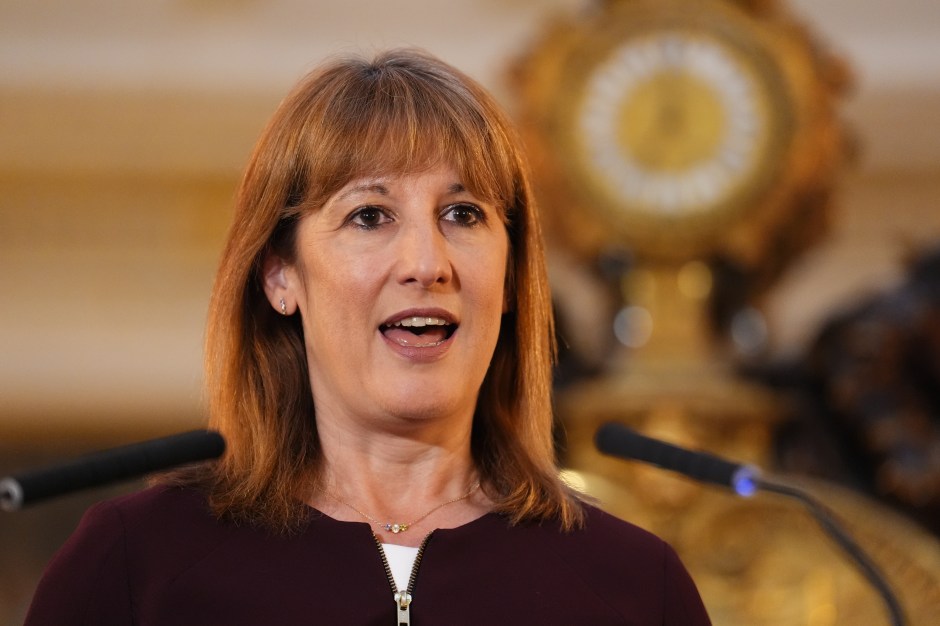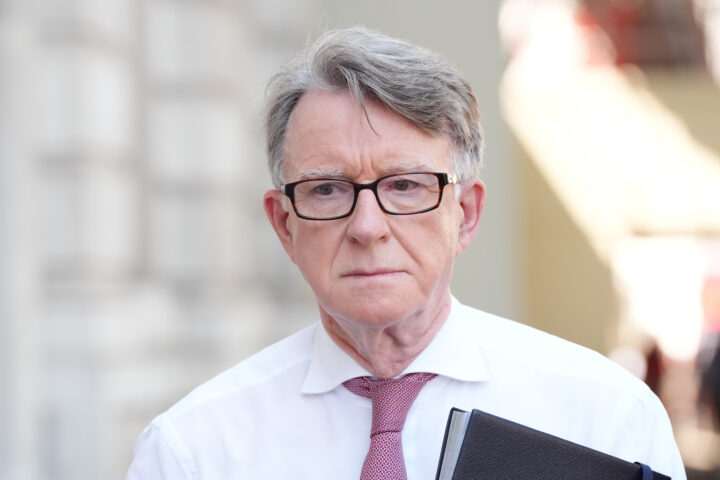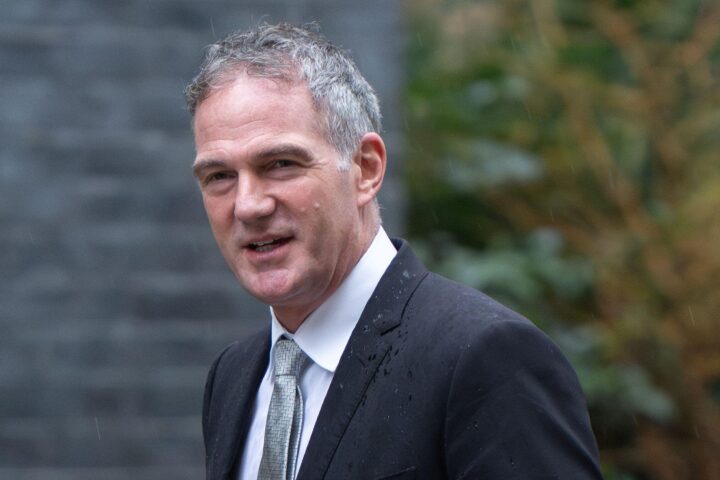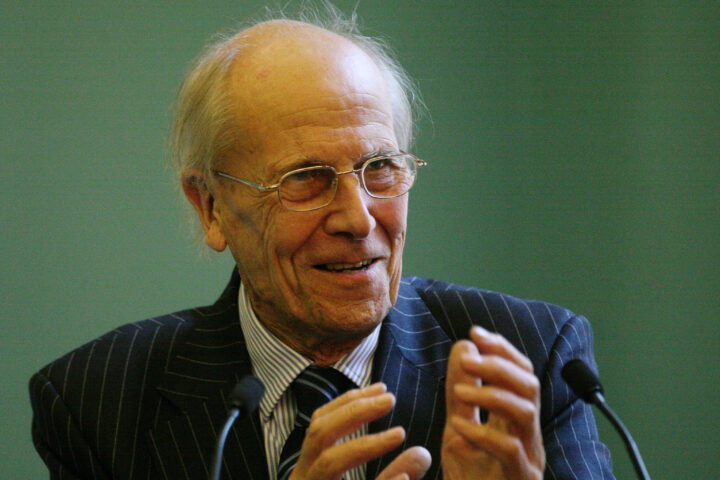Chancellor Rachel Reeves has indicated a likely increase in taxes as part of the upcoming Budget, attributing the need for such measures to both global economic pressures and a substantial £30 billion deficit in public finances, reports BritPanorama.
During a recent press engagement, Reeves stated that the UK is not “immune” to international events that will impact fiscal stability. She did not eliminate the possibility of raising Value Added Tax (VAT) when she unveils her Budget at the end of November.
Reeves addressed the Confederation of British Industry (CBI), emphasizing the necessity of fiscal responsibility in light of increased global uncertainties. In an interview with the BBC’s Today programme, she remarked, “Well, I think everyone can see that in the last year the world has changed and we’re not immune to that change.”
She pointed to various factors, including ongoing conflicts in Europe and the Middle East, trade barriers from the United States, and rising global borrowing costs, as influences on the UK economy. She acknowledged the Office for Budget Responsibility’s review of productivity data, stating that the government must respond to these changes to maintain commitments to economic stability.
Pushing back against speculation surrounding a VAT hike, she referenced Labour’s election promise not to increase VAT, income tax, or national insurance. Despite this, Reeves appears to be under pressure to reconsider the manifesto commitments as the fiscal landscape evolves. She previously stated that “you’ll know we made those commitments in our manifesto, and those manifesto commitments stand” regarding tax regulations.
Reeves was questioned about her “iron discipline” following a recent U-turn on winter fuel payments, and she assured that any potential changes to welfare spending would be carefully considered. “Stephen Timms, the minister at the work and pensions department, is doing a review with disabled groups and businesses to look at how we can help more people with disabilities back into work and contributing to the economy,” she explained.
In a related development, Labour MPs are ramping up calls for the removal of the two-child benefit cap. Although repealing the cap could incur costs around £3 billion, Reeves stated that any decisions must ensure fiscal viability. “There’s absolutely more to do to make working people better off, to lift people out of poverty,” she insisted, highlighting the government’s dedication to addressing child poverty through initiatives like free school meals and increased wages. “We will reduce child poverty, but we’ve also got to make sure the numbers add up, and people can trust me to ensure that that always happens.”















